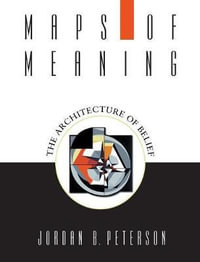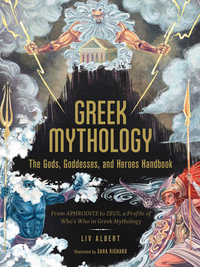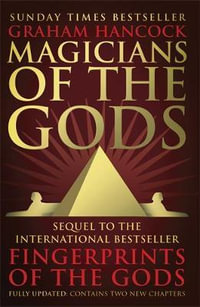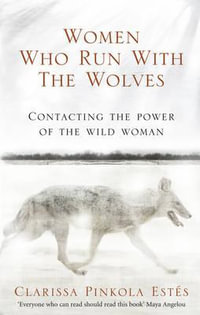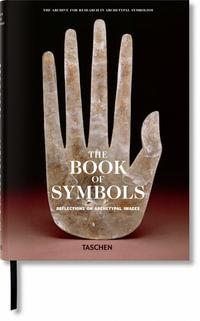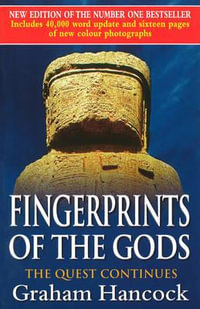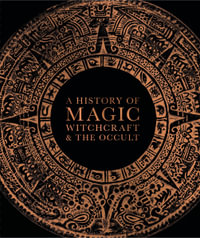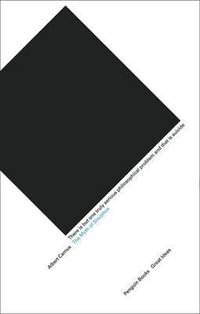Critical anthology of fairy tales by nineteenth-century British, French, and German women writers.
Women Writing Wonder: An Anthology of Subversive Nineteenth-Century British, French, and German Fairy Tales is a translation and critical edition that fills a current gap in fairy-tale scholarship by making accessible texts written by nineteenth-century British, French, and German women authors who used the genre of the fairy tale to address issues such as class, race, and female agency. These shared themes crossed national borders are due to both communication among these writers and changes in nineteenth-century European societies that similarly affected women in Western Europe. In effect, the combined texts reveal a common, transnational tradition of fairy tales by women writers who grapple with gender, sexual, social, and racial issues in a post-French Revolution Europe. The anthology provides insight into the ways the fairy tale served as a vehicle for women writers--often marginalized and excluded from more official or public genres--to engage in very serious debates.
Women Writing Wonder, divided into three parts by country, features tales that depict relationships that cross class and racial divides, thus challenging normative marriage practices; critically examine traditional fairy-tale tropes, such as "happily ever after" and the need for a woman to marry; challenge the perception that fairy-tale collecting, editing, and creation was male work, associated particularly with the Grimms; and demonstrate the role of women in the development of the emerging field of children's literature and moral tales. Through their tales, these women question, among other issues, the genre of the fairy tale itself, playing with the conventional fairy-tale narrative to compose their proto-feminist tales.
By bringing these tales together, editors and translators Julie L. J. Koehler, Shandi Lynne Wagner, Anne E. Duggan, and Adrion Dula hope both to foreground women writers' important contributions to the genre and to challenge common assumptions about what a fairy tale is for scholars, students, and general readers.
Industry Reviews
Women Writing Wonder is based on the extraordinary work of an exemplary collective of contemporary female scholars who have opened up new insights into the history and rise of the literary fairy tale, particularly in the nineteenth century.
--Jack Zipes "Journal of Folklore Research"
Delving into forgotten material, much of it previously unpublished in English, Women Writing Wonder is an in-depth study of 19th-century fairy tales from France, Germany and the UK written by women. They present an incredibly rich and diverse collection, but as a whole they take to task not simply the idea that the fairy tale in the 19th century was the domain of men, but also the idea that fairy-tale heroines are, as a collective, passive, self-sacrificing, and marriage-obsessed. With little-known stories from authors such as George Sand, Elizabeth Gaskell and Christina Rossetti, as well as tales from prolific writers of wonder whom history has largely forgotten, the collection is a treasure trove of feminist wonder.
--Joanna Gilar "Gramarye"
Once upon the seventeenth century, women wrote tales. Then . . . nothing, until 1960s feminism. Banishing this classic metanarrative from fairyland for good, these editors unearthed a trove of nineteenth-century protofeminist tales. Presented via smart introductions that situate the tales nationally, this lost heritage awaits readers and its moment in the critical spotlight.
--Christine A. Jones "University of Maryland"



